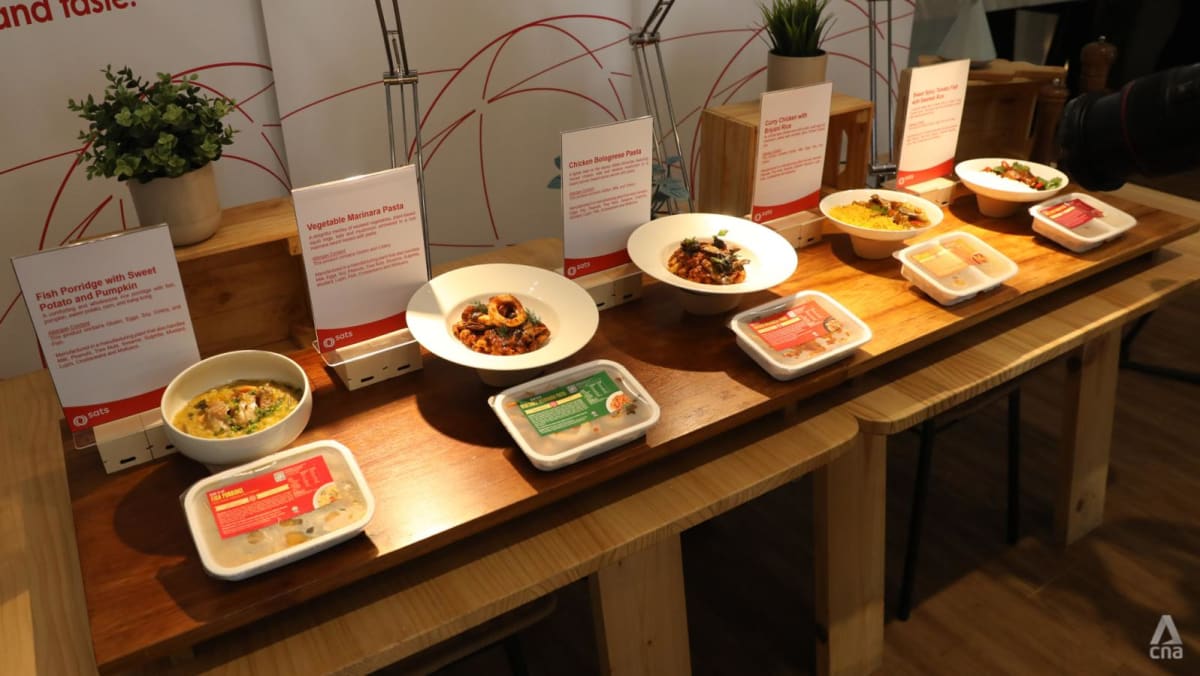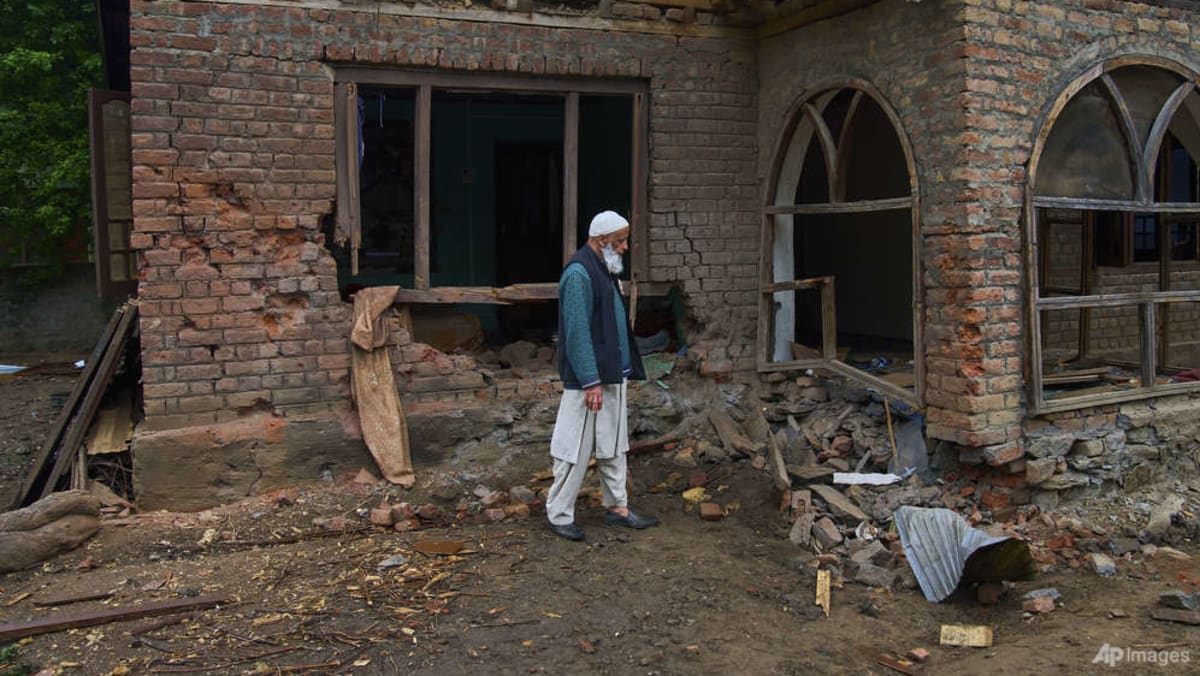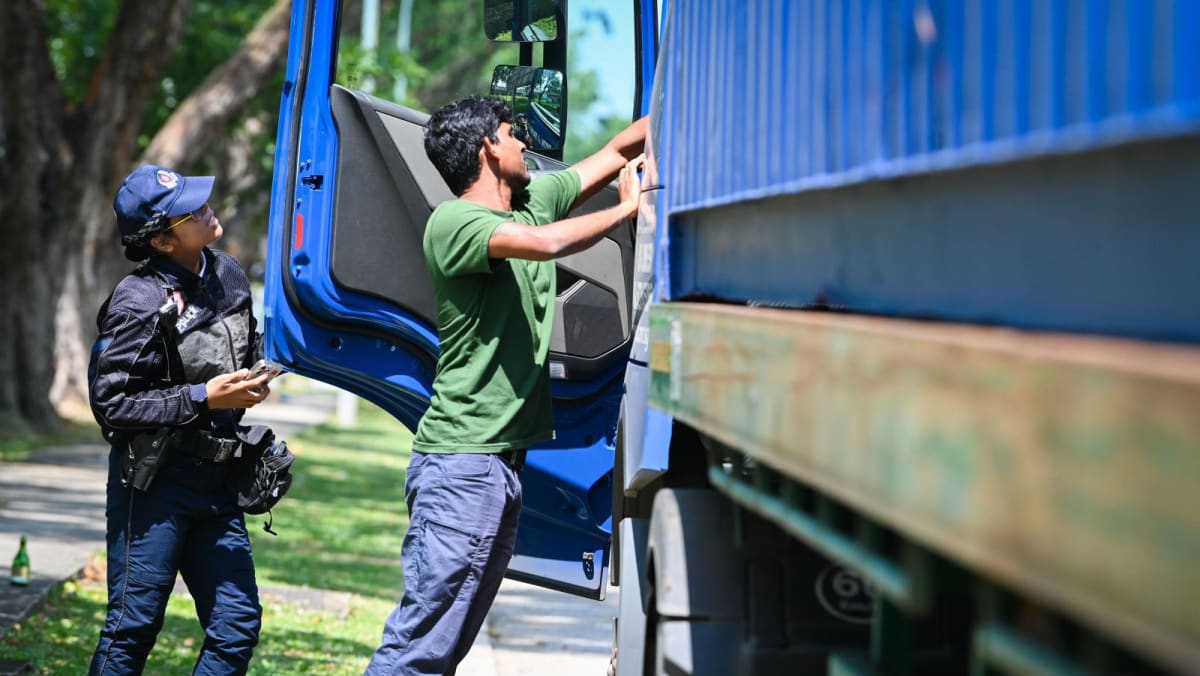SINGAPORE: There is no conclusive evidence linking the gastroenteritis cases that emerged during a national preparedness exercise earlier this year to the consumption of ready-to-eat (RTE) meals, the Singapore Food Agency (SFA) and Ministry of Health (MOH) said on Tuesday (Apr 15).
A total of 187 people – representing about 0.2 per cent of those who consumed the meals – came down with gastroenteritis symptoms during the exercise.
“Based on investigation findings, there is no conclusive evidence linking the reported gastroenteritis cases to the consumption of RTE meals,” SFA and MOH said in a statement posted on the SFA website.
“This means that both food safety and clinical findings did not pinpoint the ready-to-eat meals as the definitive cause of the incident.
“The laboratory testing of RTE meal samples, the environmental swabs of equipment and contact surfaces in SATS’ premises as well as stool samples from affected individuals and food handlers showed no foodborne pathogens.”
Some students from the School of the Arts (SOTA) fell ill after eating the meals, which were handed out on Feb 18 as part of Exercise SG Ready. The exercise simulates crises such as power outages and disruptions to food supplies under the broader Total Defence exercise.
The distribution of the meals was also part of this year’s Food Resilience Preparedness Programme, an initiative led by SFA. The programme was paused as a precautionary measure following reports of the food poisoning cases, and SFA and MOH began investigating the matter.
SFA’s investigation of the premises where the meals were manufactured and the meals’ manufacturing processes found no food safety lapses, authorities added.
“Nonetheless, SFA is working closely with SATS to review and strengthen their food production processes,” they said.
The agency added that food safety is a joint responsibility and it will continue to ensure a strong food safety regime.
The authorities did not state what was the cause behind the gastroenteritis cases.
The ready-to-eat meals were originally intended to be distributed to over 100,000 students and teachers from more than 90 schools.
Beyond the schools, SFA had also planned to work with Agency for Integrated Care to distribute the meals to seniors at Active Ageing Centres across the island, with over 8,000 seniors across 111 centres taking part.
The meals were developed by SATS for public consumption during national emergencies. Leveraging its experience in producing army combat rations, SATS designed these meals to be stored without refrigeration and eaten at room temperature, and to have a shelf life of up to eight months.














